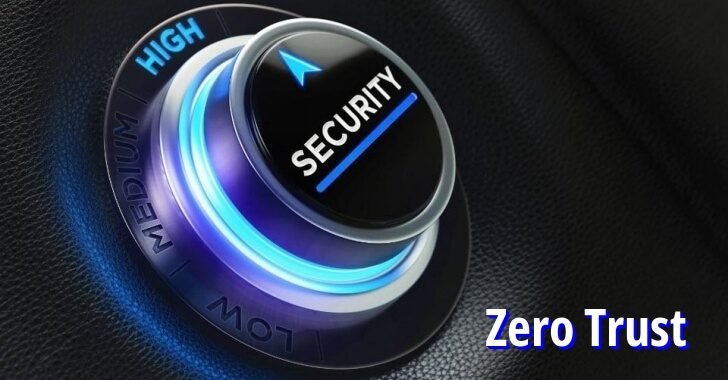Is Your Organization's Endpoint Security at Risk? Find Out Now!
As organizations navigate the new landscape of remote work, ensuring the security of devices connected to their networks has become a paramount concern. With the increasing reliance on endpoint devices such as laptops, smartphones, and tablets, it has become crucial for businesses to implement robust endpoint security measures. The vulnerabilities associated with remote work scenarios are numerous: from unsecured Wi-Fi connections to potential malware attacks, organizations must proactively address these risks to safeguard sensitive data and prevent costly breaches. In this article, we will explore various strategies that organizations can employ to effectively secure their endpoints in remote work scenarios, ultimately providing a safe and protected environment for both employees and data.
Ensuring the security of devices connected to a network, especially in remote work scenarios, is crucial for maintaining overall network security. Here are some strategies that organizations can employ to enhance endpoint security:
- Use Endpoint Security Solutions: Implement robust endpoint security solutions, including antivirus, anti-malware, and firewall software, to protect devices from a wide range of threats.
- Patch and Update Management: Regularly update and patch operating systems, applications, and firmware on endpoints to address known vulnerabilities and security issues.
- Device Management and Inventory: Maintain an accurate inventory of all devices connected to the network, including remote devices. Employ mobile device management (MDM) solutions to control and monitor devices’ security configurations.
- Remote Access Control: Implement strong authentication and access controls for remote users. Require multi-factor authentication (MFA) to ensure that only authorized personnel can access the network.
- VPN and Secure Connections: Use virtual private networks (VPNs) to establish encrypted and secure connections between remote devices and the corporate network. This helps protect data in transit from potential eavesdropping.
- Data Encryption: Enforce data encryption on endpoints, especially for sensitive or confidential information. This ensures that even if a device is compromised, the data remains protected.
- Remote Device Policies: Establish clear and comprehensive remote work policies that outline security requirements for remote devices, including acceptable use, security configurations, and software installation.
- User Training and Awareness: Provide regular cybersecurity training and awareness programs to remote employees, educating them about phishing, social engineering, and other common threats.
- Endpoint Detection and Response (EDR): Implement EDR solutions that provide real-time monitoring, threat detection, and incident response capabilities at the endpoint level.
- Behavioral Analysis: Utilize behavioral analysis and anomaly detection to identify unusual activities on endpoints, which could indicate a potential breach or compromise.
- Application Whitelisting and Blacklisting: Use application control mechanisms to restrict the installation and execution of unauthorized software on endpoints.
- Remote Wipe and Data Backup: Implement remote wipe capabilities for lost or stolen devices, and ensure that employees regularly back up their data to prevent data loss.
- Regular Audits and Assessments: Conduct regular security audits and assessments of remote devices to identify vulnerabilities, misconfigurations, and potential risks.
- Secure Home Networks: Provide guidelines and resources to help remote employees secure their home networks, including router security, password protection, and network segmentation.
- Incident Response Plan: Develop and communicate a clear incident response plan that remote employees can follow in case of a security breach or incident.
In conclusion, ensuring the security of devices connected to organizational networks is crucial in today’s remote work scenarios. Endpoint security plays a vital role in protecting sensitive data and preventing unauthorized access. By implementing robust security measures such as encryption, multi-factor authentication, and regular software updates, organizations can significantly reduce the risk of cyber threats. Additionally, continuous monitoring and threat intelligence can help detect and respond to potential security breaches promptly. It is essential for organizations to prioritize endpoint security and educate employees on best practices to create a secure remote work environment. Remember, protecting endpoints means safeguarding valuable assets and maintaining the trust of customers and stakeholders alike.






